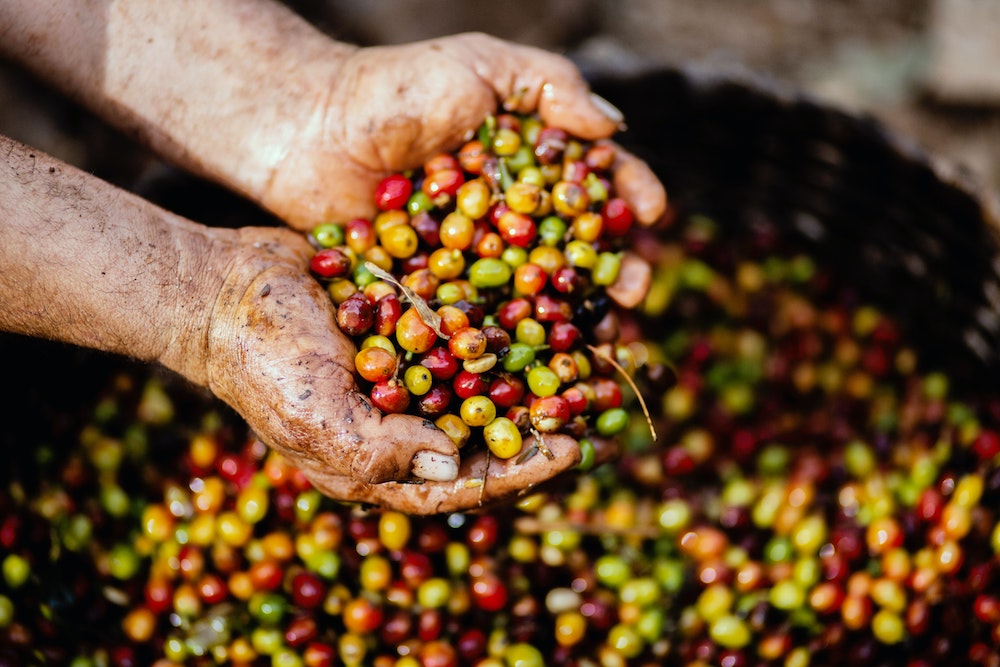Felicitas Pantoja, co-founder and CEO of Mindanao-based social enterprise Coffee for Peace, has been awarded the Oslo Business for Peace Award, which is touted as the “Nobel Prize of Business.”
The awardees, who are selected by an independent committee of Nobel Prize Laureates in Peace and Economics, exemplify the foundation’s definition of what is business-worthy: “ethically creating economic value that also creates value for society.”
Alongsode other peace advocates in Mindanao, Pantoja and her husband founded the PeaceBuilders Community to initiate talks between the government and Moro Islamic Liberation Front rebels.
Pantoja noticed that many of those whose livelihoods were affected by armed conflict are farmers. There were also issues that stem from claims for land ownership, so she wanted to create a tangible product to sustain the community.
“Habang nag-da-dialogue, kumakaunti ang barilan,” Felicitas Pantoja says, expressing that people often talk over coffee, which is why she decided that it will be the perfect opportunity to create business and promote peaceful dialogue.
“Habang nag-da-dialogue, kumakaunti ang barilan,” Pantoja says, expressing that people often talk over coffee, which is why she decided that it will be the perfect opportunity to create business and promote peaceful dialogue.
Farmers often fall victim to interested parties that purchase their land at floor prices or even lower rates, which is why Coffee for Peace trains farmers to process their own coffee. They also roast, ground, and pack coffee for farmers who do not have personal equipment while managing transport and delivery .
Coffee for Peace also paved the way for the farmers’ coffee to reach Canada where professional coffee taste testers (also known as Q-graders) gave it a premium quality rating, the second highest coffee grade next to specialty. Because of this, they are now asked to supply as much as 50 tons of coffee to the Canadian market.
Revenue and profit may not be something Coffee for Peace can compete with, but its efforts to remove social exclusion and create better business models are enough to gain the accolade.
“Inclusive development is a practical application of a love-energized harmony with creation,” says Pantoja. Given the economic inequality in the country, development opportunities for all sectors are difficult to conjure. To address this, development should start at the grassroots level where most of the industry’s marginalized members belong.
Although recognized in other countries, Coffee for Peace is still relatively unknown in the Philippine market, which generally prefers instant coffee. But the local enterprise is slowly being recognized across national coffee conferences.
Coffee for Peace was chosen for the Oslo Business for Peace Award alongside Fortune 500 cloud computing company Salesforce and major African banking group Equity Group Holdings. Revenue and profit may not be something Coffee for Peace can compete with, but its efforts to remove social exclusion and create better business models are enough to gain the accolade.
“It put a stamp on what we’re doing, that we are really a business for peace,” says Pantoja.





